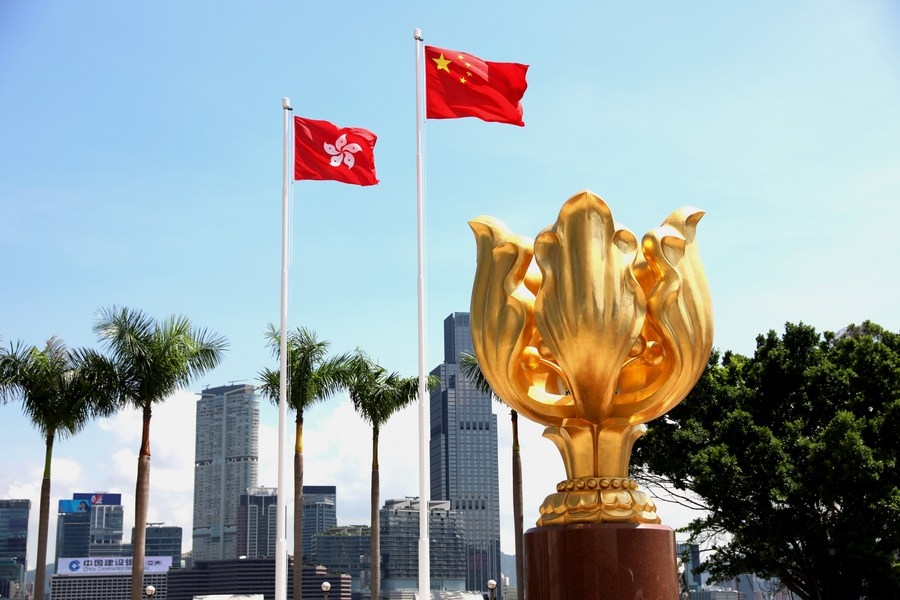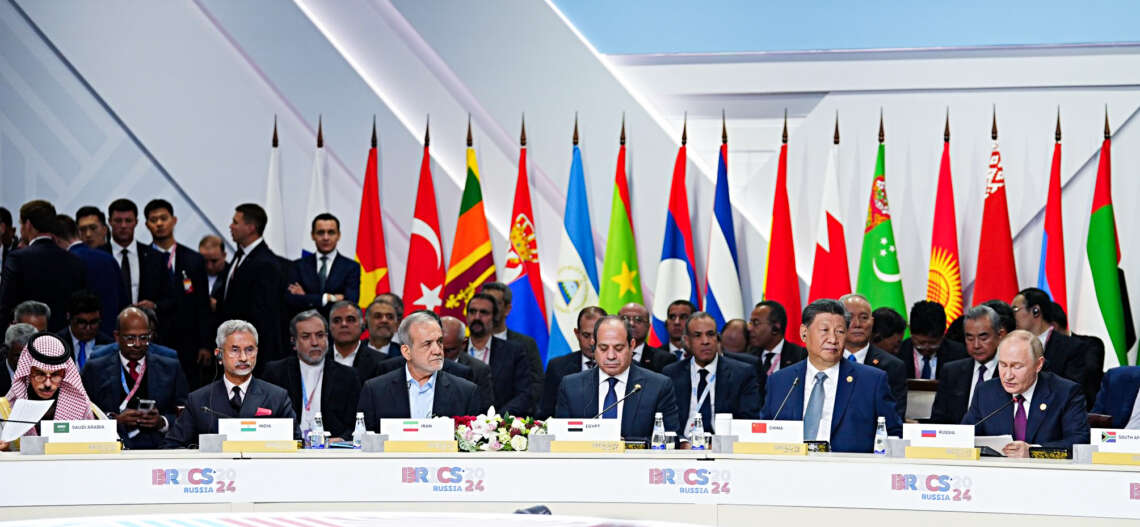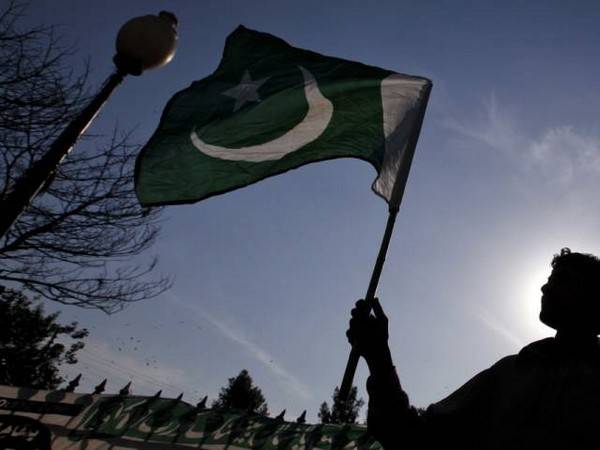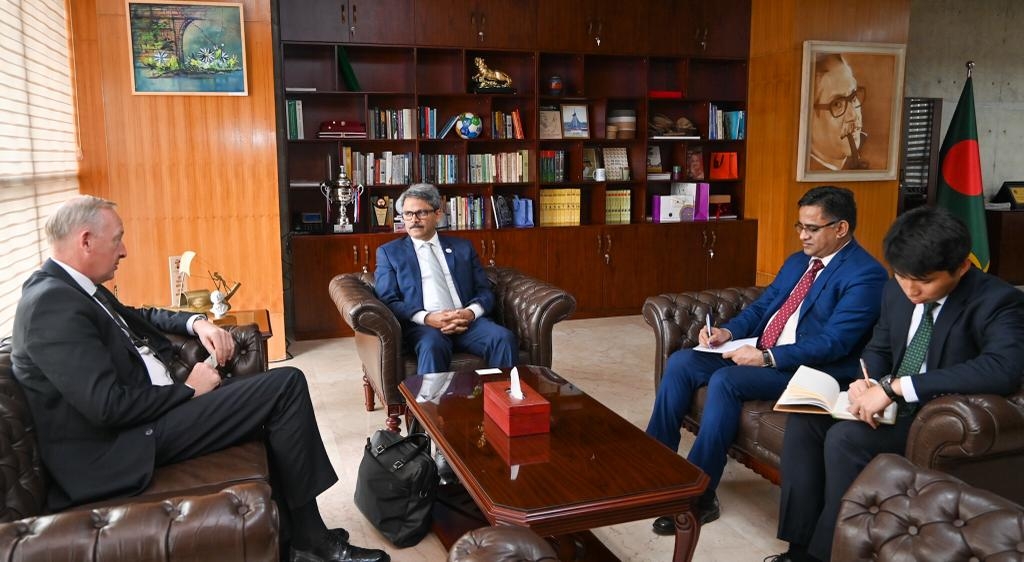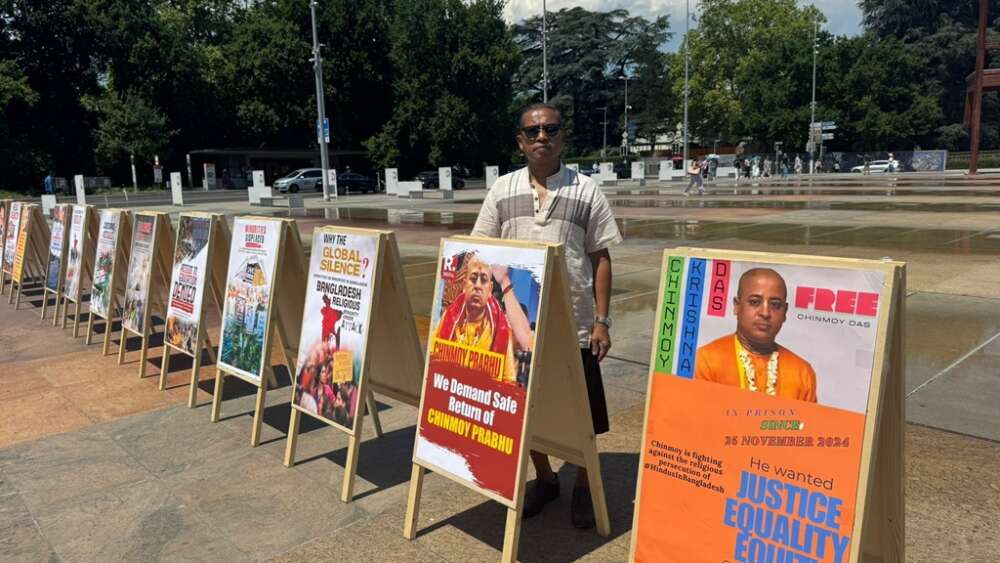Earlier, Bangladesh Foreign Minister AHM Mustafa Kamal, too, urged developing nations to rethink their decision to accept more loans under BRI…reports Asian Lite News
China’s Belt and Road Initiative is losing its credibility in Bangladesh as Prime Minister Sheikh Hasina has said her government is cautious, epardafas.com reported.
According to a Nepali newspaper, the observers believed that the BRI’s projects’ outcomes in Sri Lanka and Pakistan have weighed heavily on Bangladesh PM’s mind. In an interview with CNN, on March 21, Hasina said her government was “very much careful” about development partnership with China.
China is slowly gaining control over Sri Lanka’s Hambantota Port under its 99-year lease and also exposes the dangerous face of China’s BRI as the island country’s economy reached the melting point. Even, the Prime Minister declared Sri Lanka as a bankrupt country.
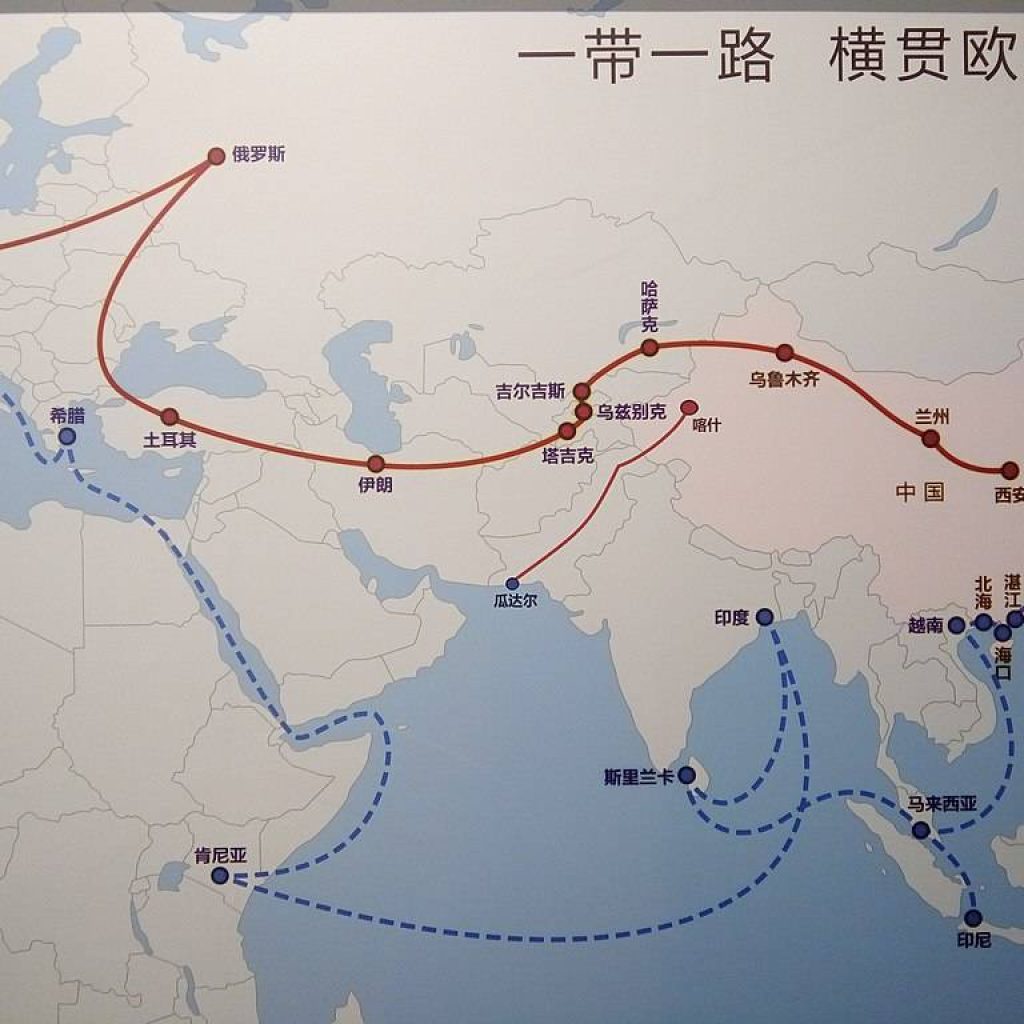
The people of Pakistan are also deeply unhappy that China is exploiting the natural resources of Pakistan in the name of BRI.
“We are very much careful about taking loans. Mostly we take loans from institutions like the World Bank and the Asian Development Bank. From China, our loan is very low. It is not like Sri Lanka or anybody,” she was quoted as telling CNN.
Earlier, on July 22, 2022, Bangladesh Foreign Minister AHM Mustafa Kamal, too, urged developing nations to rethink their decision to accept more loans under BRI, reported epardafas.com.
A report from Dhaka, titled ‘Bangladesh Reassesses its BRI Strategy as the US Offers a New Alternative’, says the initial enthusiasm in Bangladesh about BRI projects seems to have vanished. In 2016, China proposed to invest about USD 40 billion in infrastructure assistance and joint sector projects and another USD 20 billion in loans for development projects.
By 2022, however, Dhaka started facing the problem of mounting foreign debt, owing about USD 4 billion to Beijing. In July 2022, Bangladesh had to request a bailout package of USD 4.5 million from the International Monetary Fund, as the depleting foreign exchange reserves were making it difficult to import essentials.
To mitigate the crisis, Bangladesh has already cancelled or postponed several infrastructure projects under BRI, including highway projects. The damaging impact of BRI projects on the country’s environment has also turned out to be a major cause of concern.
The construction of 15 coal-fired power stations under BRI has been described as a “carbon catastrophe”, as per a report in epardafas.com.
Local opposition to land acquisition for various BRI projects has led to the death of 12 people in various incidents since 2016. (ANI)



